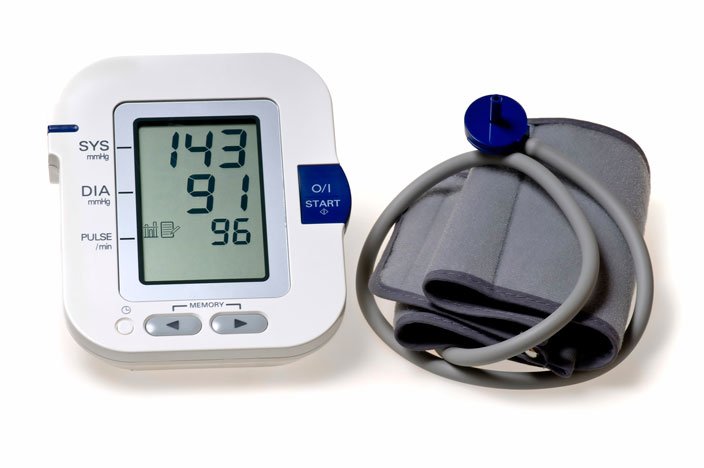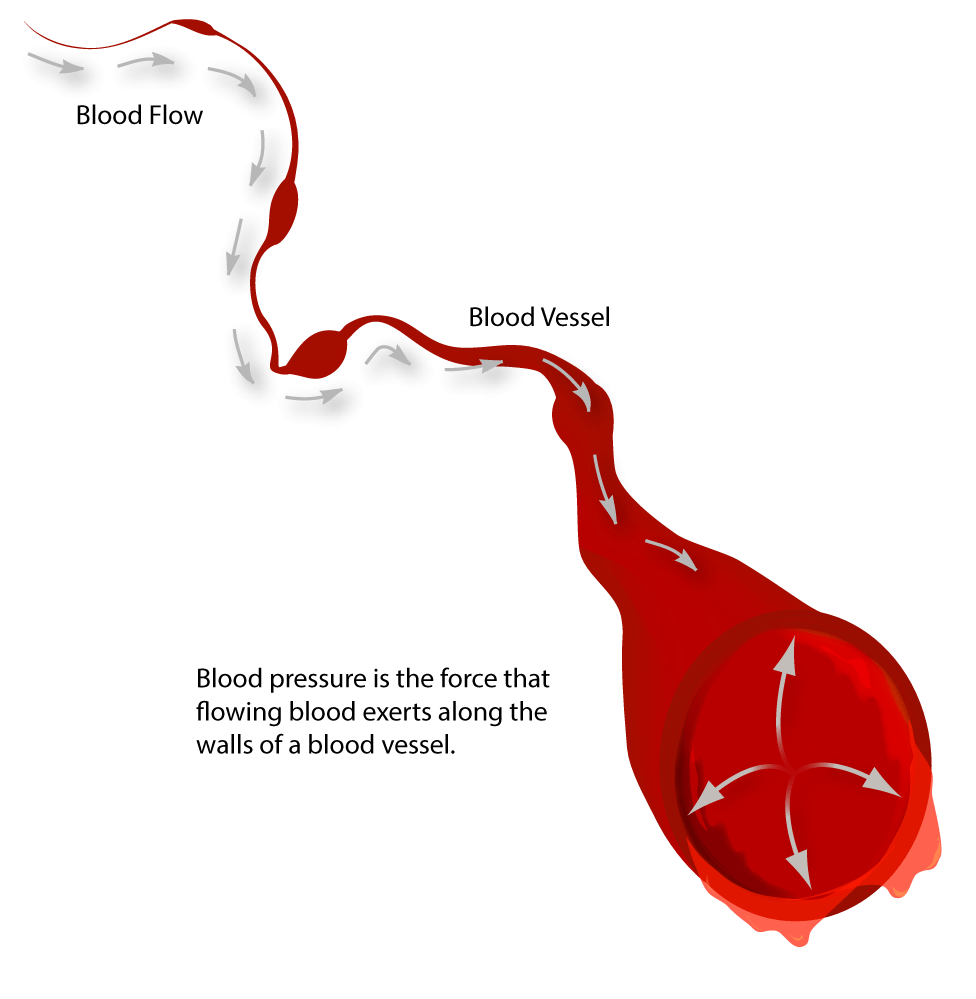High blood pressure is one of the precursors to developing heart disease and stroke.
Because it is an important indicator, your blood pressure is typically checked each time you visit the doctor. When doctors take your blood pressure, they are measuring the pressure that blood exerts on the walls of the blood vessels as your heart contracts (systolic pressure) and relaxes (diastolic pressure).


